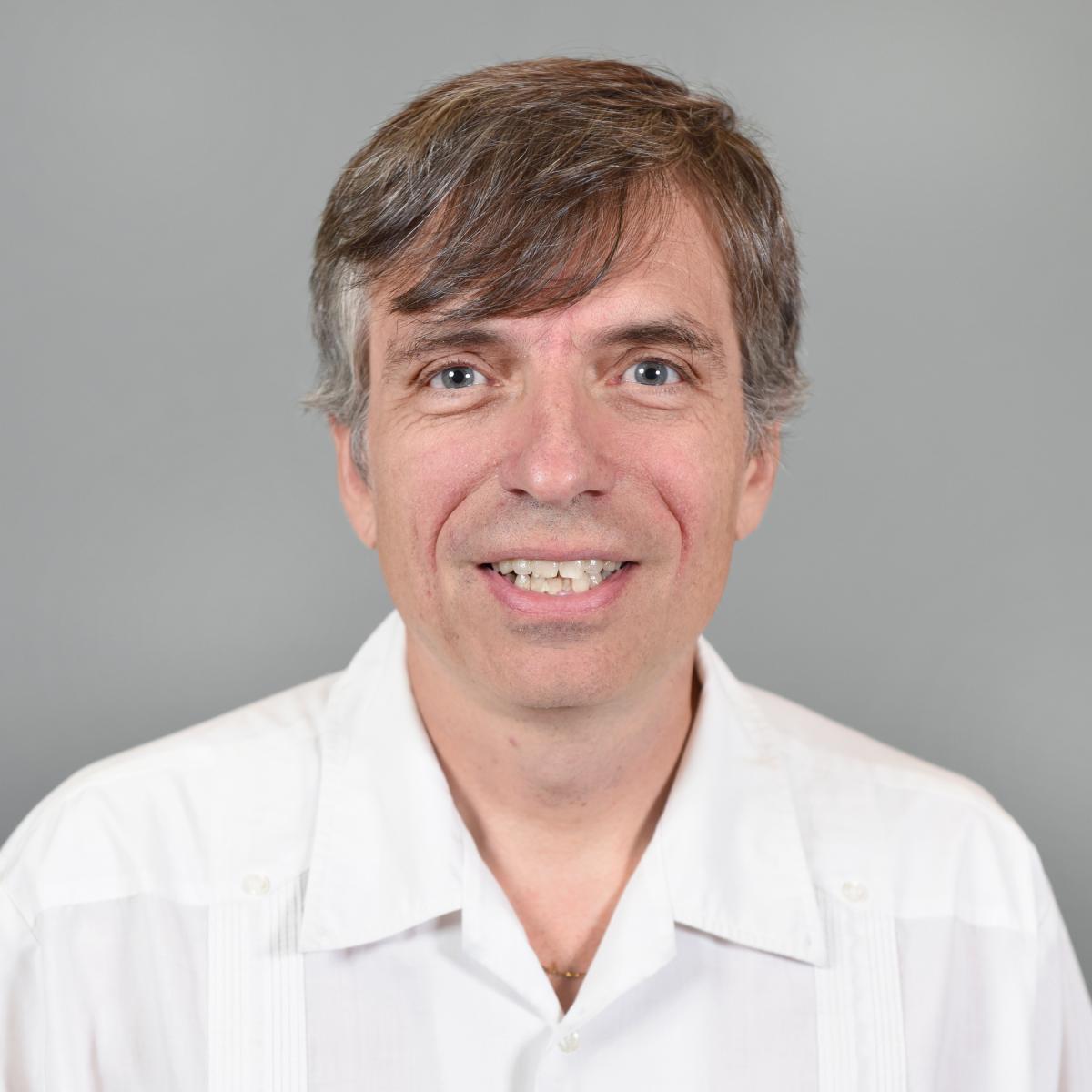Alberto Scotti
Arizona State University
Seminar Information
Engineering Building Unit 2 (EBU2)
Room 479
Seminar Recording Available: Please contact seminar coordinator, Jake Blair at (j1blair@eng.ucsd.edu)

The density of freshwater is highest when the temperature is near 4C. This means that if a column of water below the critical temperature is heated from above, it will drive convection. Such a process occurs naturally in temperate lakes at the end of winter, when the water column can be stratified (e.g., when ice is present), or well mixed from top to bottom. As the days lengthen, increased solar radiation warms the surface layer driving convection, a process known as Radiatively Driven Convection (RDC). Unlike Rayleigh-Benard convection, in lakes RDC deposits heat directly into a portion of the upper water column whose extension depends on the clarity of the water and the extent of the ice cover. In this talk, we consider RDC in ice free lakes, which occurs over a diurnal cycle with a distinct pattern.
The process was simulated with the Stratified Ocean Model with Adaptive Refinement in LES mode (SOMAR-LES). The use of LES allowed us to consider geophysical relevant scales, while at the same allowing a good representation of the energy containing turbulent scales. We will start by addressing the simplest case (constant solar radiation) and we will then add additional layers of realism (diurnal cycle in the radiation and rotation) and discuss how the relevant scales evolve.
Alberto Scotti is a professor in the School for Engineering of Matter, Transport and Energy. His main focus is theoretical, experimental and computational aspects of environmental fluid mechanics, with a focus on phenomena that occur in stratified fluids, such as internal waves and turbulent mixing. His research has been supported by the Office of Naval Research and the National Science Foundation. Prior to joining ASU, Scotti was a professor in the Department of Earth, Marine and Environmental Sciences at The University of North Carolina at Chapel Hill.
